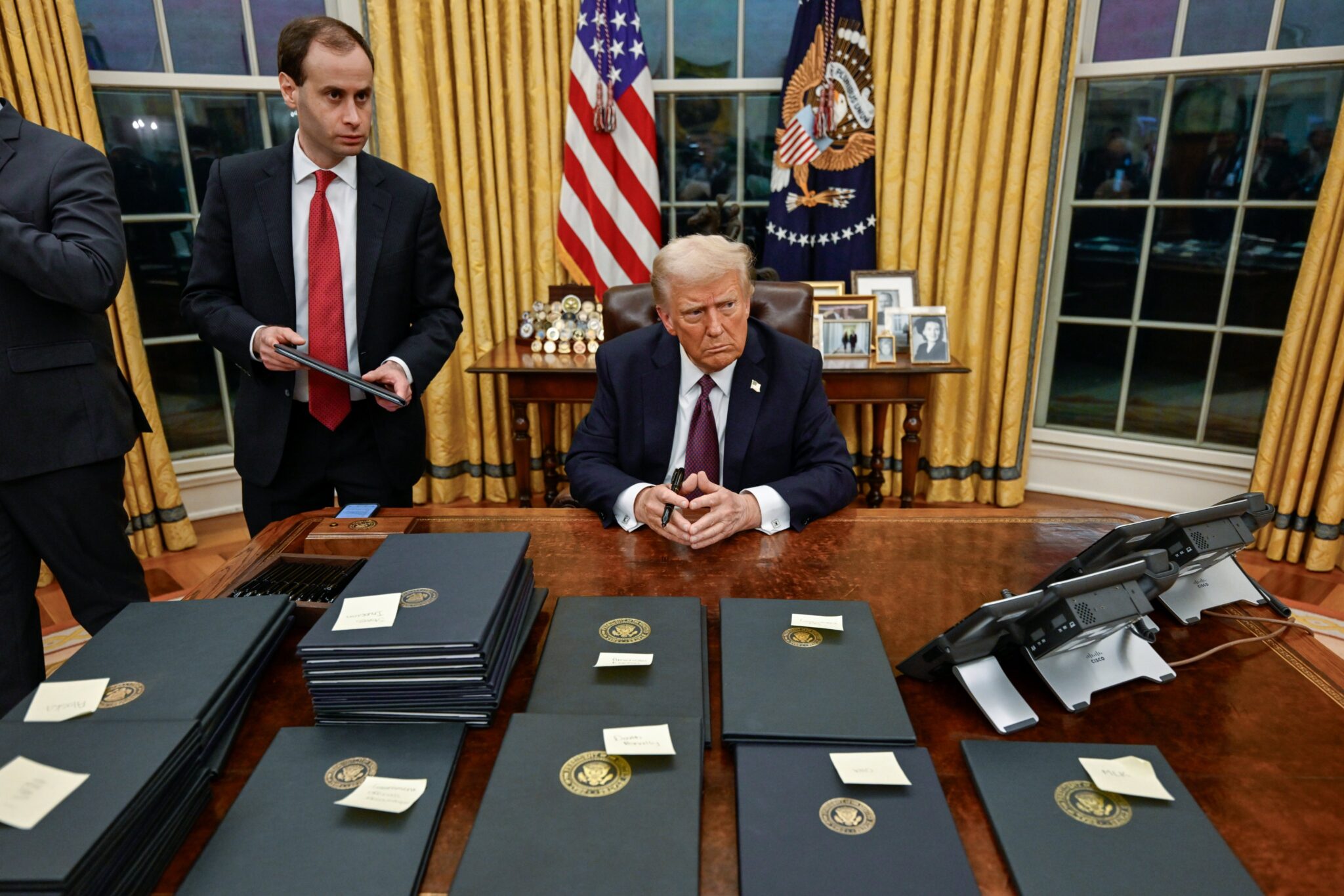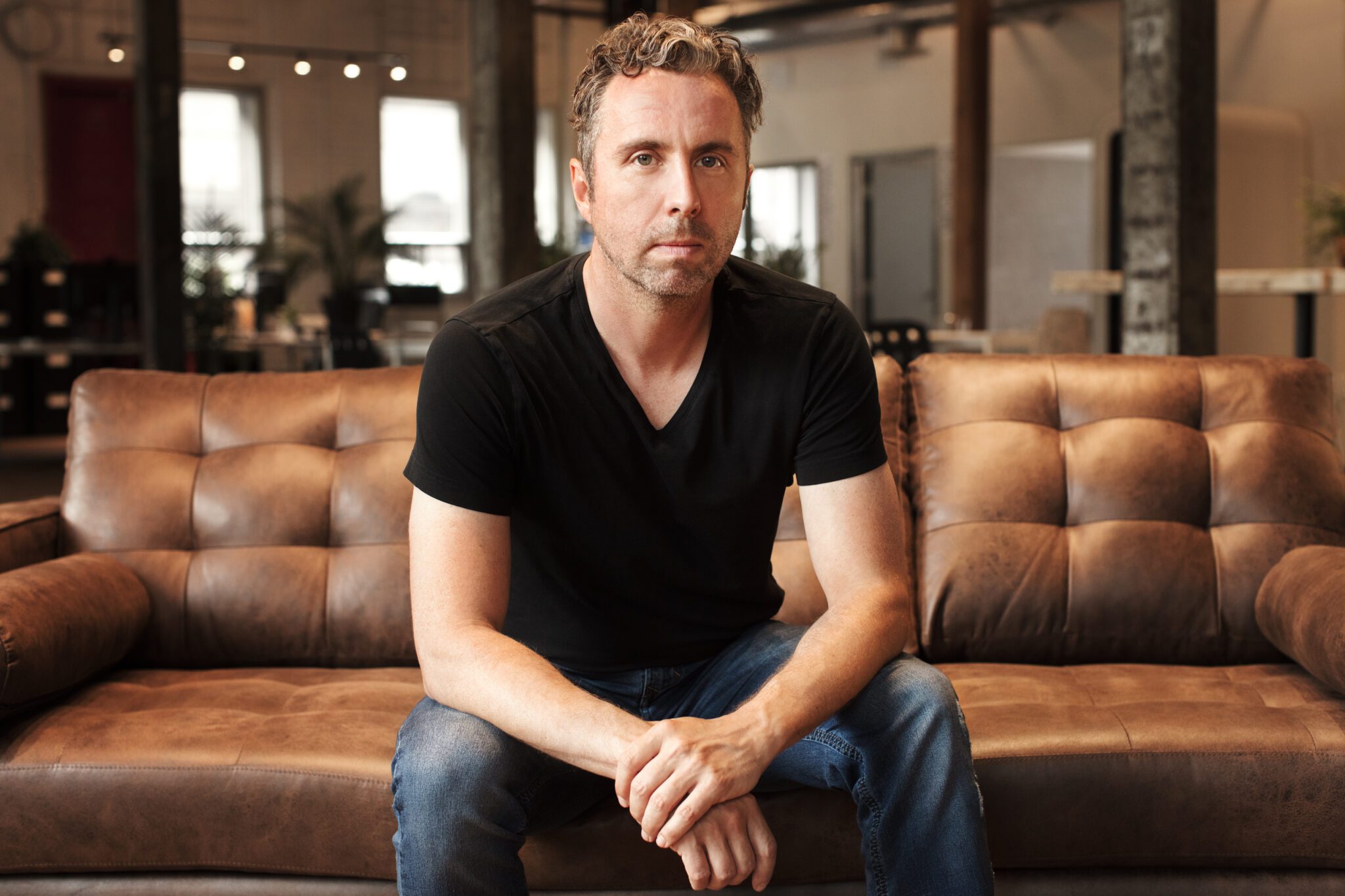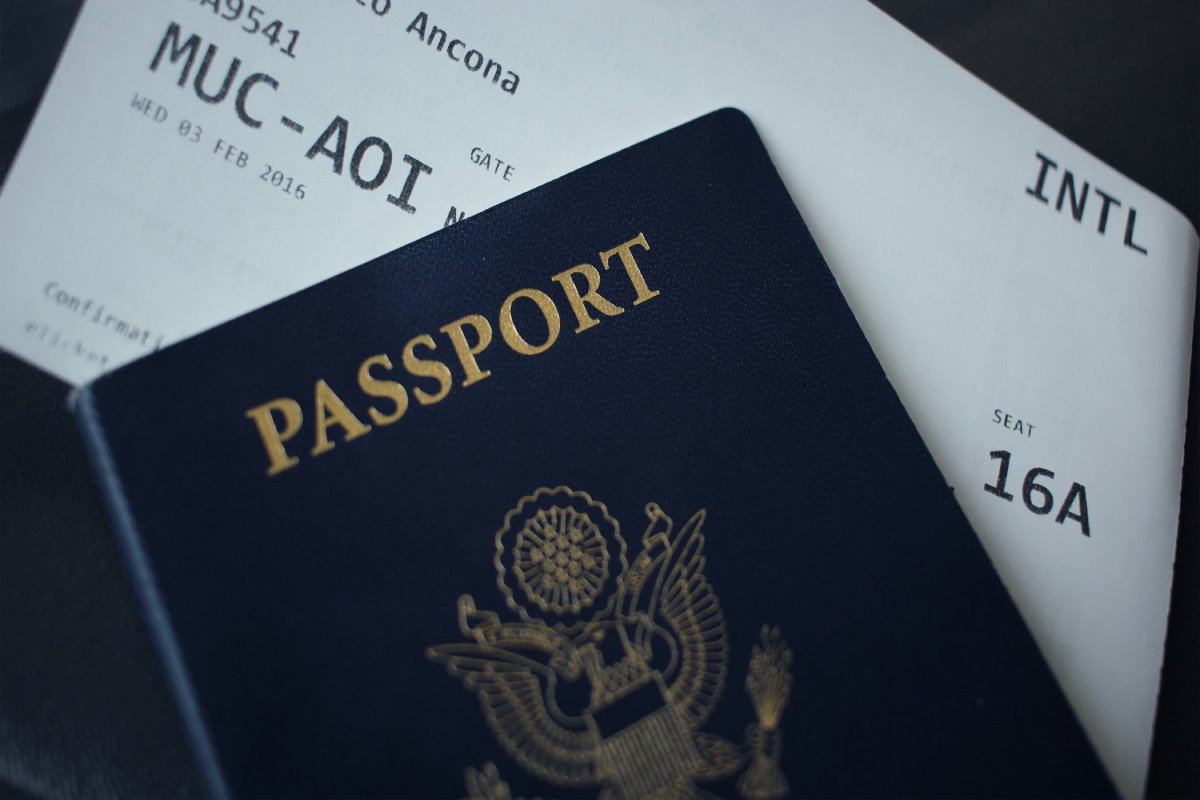Interview: Concur CEO on Making Sense of Business Travel Chaos
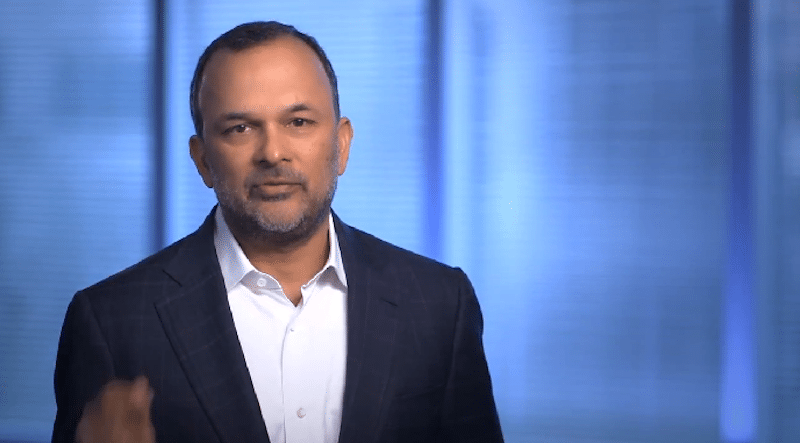
Skift Take
Editor's Note: Skift is publishing a series of interviews with online travel CEOs talking about the Future of Travel Booking, and the evolving habits and device preferences of travel consumers. Check out all the interviews as they come out, here.
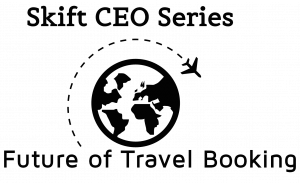 Concur CEO Steve Singh believes companies can't force their employees to book business trips in a uniform manner, that providers have to adapt to diverse booking behaviors, and to build the behind-the-scenes technology to deliver on that premise.
Concur CEO Steve Singh believes companies can't force their employees to book business trips in a uniform manner, that providers have to adapt to diverse booking behaviors, and to build the behind-the-scenes technology to deliver on that premise.
Despite Concur's advocacy of its TripLink open booking solution, Singh is under no illusions that TripLink will be "the" solitary industry solution, and he offers a vision of the "perfect trip," and what the travel industry needs to do to get there.
Following is an edited transcript of a conversation Skift conducted with Singh on the future of travel booking:
Skift: Concur obviously has a lot of experience in how business travelers book their trips. You acquired the Cliqbook corporate booking tool way back in 2006, and your open booking initiative, TripLink, is picking up partners from what I hear. Where do you see business travelers’ booking behaviors heading and what does it say about the future of travel booking?
Steve Singh: I think the overriding concept, and how we look at the world, is that you want to embrace the behavior of the individual. And you want to make it easier for them to do whatever it is they need to do. The patterns we are seeing in the world, the patterns we are seeing by cloud computing, by mobile computing, allow the individual to work in the model that they want to work. Embrace that behavior, capture the information that is necessary for them to get the results they are looking for. And then work behind the scenes to make sure you are meeting corporate objectives.
I think specifically in the case of corporate travel, business travelers will book in multiple different locations. I don't think this is a move to one model. I don't think it goes entirely to Triplink and that whole scenario where they are booking directly with suppliers. I think the reality is some people will be very comfortable booking with travel agents, other people will be very comfortable booking with online booking tools. Others will book on sites like Kayak. Others will book directly with suppliers. That is just the reality of life. It is a very diverse world.
As a provider you have to embrace all of them. As a provider you will have to say, I will allow you to work in any model that you prefer. I will deliver all the benefits to you as a traveler and to you as a corporate customer that you are looking for. I don't believe in any model that says I will force it to be what I want it to be. I have never seen an example of that in life where that really works.
Skift: For corporations trying to handle their employees' travel that sounds almost chaotic or undoable. As a corporation, how are you going to accommodate all of these different booking models?
Singh: That's the beauty of technology. Technology can make that possible behind the scenes and make it seamless. Today, the scenario you described about this concept of "chaotic" ... I realize that others don't share this view and my personal opinion doesn't matter here. What matters is what's reality. And, today people book in lots of different places. Nobody will contest that more than 50% of hotels are booked outside of corporate policy. And I know this for a fact because for 25,000 corporate customers, I manage their expense reports. The concept of how we embrace open booking or our product Triplink is really a function of what we saw happening in the world.
The chaos you are describing exists today. What we are trying to say is look, we can really manage that chaos. And we can actually make managed travel a reality. I would argue the view that the incumbents are trying to push, which is somehow that Triplink actually reduces managed spend in managed corporate travel programs, is just factually incorrect. It actually does the exact opposite. It takes a managed corporate travel program as it exists today that is not fully managed, and actually gives you the chance to make it fully managed.
Do you know why people book outside their existing managed travel programs? The feel they can get a better rate somewhere else. Individual employees are saying I want to do the right thing for my company and that's why they go out and look elsewhere. Or the content is not available in their existing channel model. About 97% of all airline tickets are available in the existing global distribution system/travel management company delivery model. With hotels it's not, cars it's not, trains it's not. The existing model doesn't serve our needs fully.
Skift: You referenced the fact that the incumbents are providing some pushback on TripLink and what they allege it will do to managed travel. In your own assessment how well do you think some of the biggest travel management companies, from American Express to Carlson Wagonlit Travel and BCD Travel, have adapted to this changing booking environment?
Singh: It is not fair of me to provide an assessment of how well they are doing. I don't run those businesses and it is not fair of me to answer that question.
Skift: On the future of travel booking, where does personalization fit in? Is it over-hyped, the next big thing or something in between?
Singh: I think the technology is very good. I think the technology is ahead of where we as a culture are. I'm not talking decades. When I log onto Amazon I have a list of everything they are recommending. My daughter shares my account. She's a teenager, she reads a bunch of teenage books so I'm getting these recommendations on teenage books. They are trying to understand who I am and are trying to serve me better.
There's no way that a credible argument can be made that people don't like personalization. It's just that it has to be delivered in a model that is honest and a model that I embrace. It can't be about what I'm trying to sell you. It has to be about can I make the experience better. One thing we have been working for a number of years is that when we deliver personalization we need to set the bar high. If it's like Gruopon, then you tell me. How many Groupons do you accept? The acceptance rate is not too dissimilar from what you see in direct mail pieces. If that's what our industry delivers, then we will fail miserably on personalization. I believe we will do much better.
Skift: Your Perfect Trip Fund has invested in so many booking sites, including Cleartrip in India, Taxi Magic (recently rebranded as Curb), Room77 (which is now basically on hiatus), Table 8 for dining reservations, and Yapta for tracking price-drops. How do all of these seemingly scattered investments all fit together?
Singh: You are going to find that every one of these investments is fundamentally around enabling every element of what we call the perfect trip. At first blush they seem very diverse in investments. Take out a piece of paper and make an outline if I could, what would my trip experience look like. And I've tried to paint that picture a few times in public formats.
Say I'd like to book a trip from Seattle to San Francisco. And then I want my phone to make a recommendation on hotels based upon my pattern, based upon my company policy. If my flight is delayed, I shouldn't have to pick up my phone and call somebody to change flights. Why can't there be a recommendation pushed right into my app, saying here are the three options within your policy, here are the three options outside your policy. Which one would you like?
When the plane lands, why can't I start the check-in process for the hotel. The technologies needed to that are in part there, and in part they have to be invested in. And some of them we actually invested in. Then when I am walking from the jetway, why can't I get a push notification that says would you like me to set up a car? And after the car has been arranged, then that transaction goes into the expense report.
So how do you define the Perfect Trip? There is a lot of technology out there that is enabled today, but there are several that still need to be built. And so we actually invested not just in the companies that you named, but we invested in a great company called buuteeq. What buuteeq was doing was building out the marketing services and the central reservations services for hotels. Most of these today are legacy systems. They are not easy to customize, they are not easy for personalization.
Skift: And, I read in your second quarter 10-Q that you had a $14.6 million gain on your buuteeq investment after butteeq was acquired by the Priceline Group.
Singh: I wish it had remained a standalone business, but we [understand] the fiduciary duties for their investors and for that company. But when you look if you can't deliver those technologies and they aren't there, and you can't solve these problems, well you can't deliver any element of the perfect trip. So everything we invested in was a gift around the picture I just painted of the perfect trip and how do we enable that. Some of those things we are going to enable and some of those things our partners will enable. Some of them will be people we learn about later in life and we'll go partner with them then.
I'm not trying to be arrogant, but our industry needs more than just here's how things work. You got to have a vision on how things ought to work. It is a concept that started with Concur, but it is not Concur's vision. We all share in this. Whatever part of the world you work in, why isn't it made better? Why isn't made to be a much better experience? And the reality is this what the industry is trying to do and it happens to be a vision we are coalescing around. That's why we invested in those companies.



